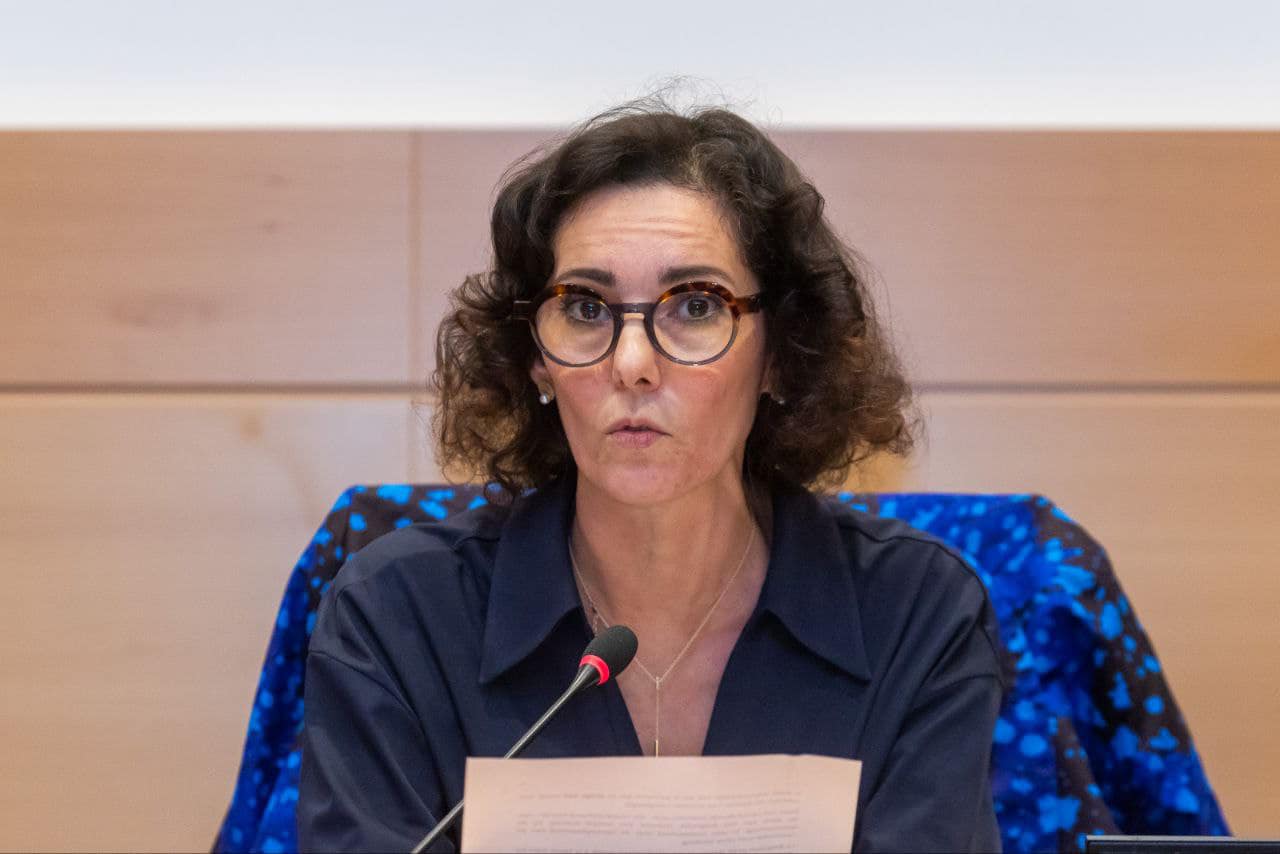
Belgian Foreign Minister Hadja Lahbib (MR) continues to refuse Beijing’s request to deplatform an online interview with her. Its publication in De Tijd had initially angered a high official at the Chinese embassy for its depiction of China as a “potential enemy.”
The interview at the root of the diplomatic row dates back to early October. While the war in Ukraine was its focus, Lahbib’s concern about the Chinese presence in Belgian ports soon entered into the conversation. At first, what she said seemed innocuous enough: “We are looking closely at China, with which we have a complex relationship. The country is a partner, a rival, and a potential enemy at the same time,” she said.
Later on, however, in what was a reference to a report by Flemish Professor of International Politics Jonathan Holslag, she mentioned how Chinese merchant ships had been thus designed so that they could convert into warships, should the need arise.
Following the interview—according to a leaked diplomatic cable—a diplomat from the Chinese embassy in Brussels met with a Belgian foreign ministry official at the request of the Chinese. During the meeting, Lahbib was upbraided over her “accusations,” as the diplomat urged not to listen to “rumors.” Beijing subsequently asked Belgium to retract the interview, which its foreign affairs ministry has thus far declined to do.
The Belgian government has been “much-bothered” by the incident, as it finds its relations with China at a low ebb. Officially, China—while never chummy with the West—is not viewed as an enemy (not even a potential one) by Belgium, nor indeed by the European Union—indeed, to move towards that status could jeopardize the numerous trade relations at play.
It is this very trade for which the Chinese diplomat, again according to the cables, seemed to be attempting to hold Belgium over a barrel; he noted how lucrative trade between Chinese and Belgian ports has been for the nation, and that its government should respect that economic activity, if it seeks its continuance.
The fledgling (who took office in July this year) foreign minister’s choice of words, then, is matched by the brazenness evinced by the Chinese diplomat and his Beijing superiors.
As such, the incident is a perfect microcosm of the growing unease European nations feel over an emboldened China and its considerable investments in their ports (for Belgium, one can point to COSCO Shipping, a Chinese state-owned company, which in 2017 became a majority shareholder of a container terminal in the port of Zeebrugge), and other critical infrastructure.
Only one week ago, all 27 EU leaders met at the European Council in Brussels to formulate a united response to China. While many proposals had been made, and Belgian Prime Minister Alexander De Croo admitted that they had been “a bit too complacent” regarding China, the endeavor has yielded little success thus far.
